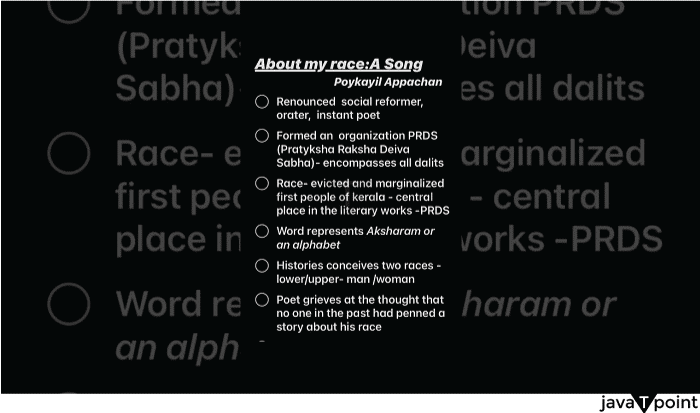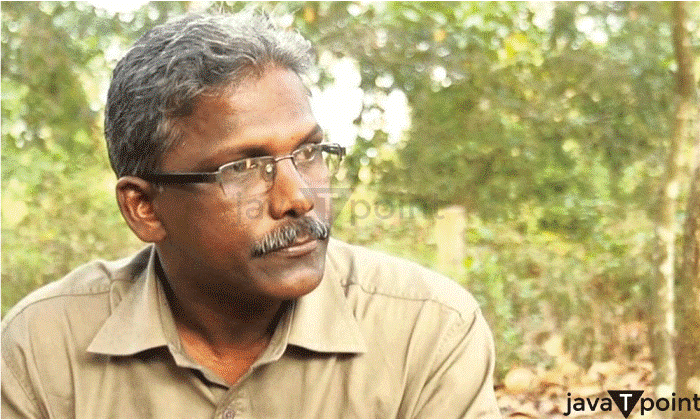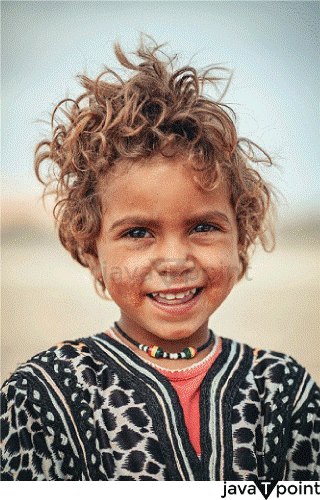About My Race Poem SummaryIntroductionPoykayil Appachan highlights the issue of race in his work of poetry "About my Race: A Song". Jessica Sudhir M. translates the poetry from Malayalam into English. The usual problems that the underprivileged encounter are discussed in this poetry. He is concerned about how society views Kerala's indigenous population. He speaks out strongly against Malayalam literature, which never made room for Dalits. He claims that even literature belongs to the upper classes. To persuade his audience that the story of the marginalized is being erased by the poets of that era, he reiterates the same notion in the first three verses. 
About The AuthorSree Kumara Gurudevan was another name for Poykayil Appachan. He was a Central Travancore-born revolutionary Dalit activist and social reformer. His parents served as slaves for a wealthy Christian family. He began preaching when he was seventeen years old. He later quit the church, though, and founded his group, the Pratyaksha Raksha Deiva Sabha. 
He made an effort to organize the area's first residents. He also belonged to the Sadhu Jana Paripalana Sangham, which Dalit leader and social reformer Ayyankali established in 1907. The talks and music of Appachan helped to democratize society and politics. He delivered "About my Race: A Song" in Tiruvithamkoor's Legislative Assembly in 1921, and it features one such example. Theme Of The PoemPoykayil Appachan highlights the issue of race in the poem "About my Race: A Song". Jessica Sudhir M. translates the poetry from Malayalam into English. The dispossessed and marginalized initial inhabitants of Kerala are referred to as "race" in this sentence. Summary Of The PoemThe initial song in the series to directly address race is titled "About my Race: A Song." In several of his paintings, the idea of "race," which relates to the marginalized and expelled first people of Kerala, is prominent. The poet's people, the Dalit population of Kerala, are intricately portrayed in the poem. The poem starts by criticizing popular history and the racism that the poet experienced. He berates such dominating histories for failing to provide the Dalit communities with proper representation. There are several possible explanations for the failure to compose the poets' racial stories. There are several accounts of dominant races throughout history. People are drawn to creating histories that tell the tales of persons in positions of authority and power. 
The marginalized and oppressed races are forgotten. Additionally, the dominant histories divide races into two categories: those with power race and the inferior race. The poet's race is a member of the latter, and as a result, no one is motivated to record history. The people of other races predominated over the individuals of his race. Consequently, they were unable to create their history. The poet wishes to express his sadness over the underrepresentation of his race in history through his own words in his writing. The first individuals to live in Kerala were of his people. However, they were distorted and labelled as the miserable of the world and a cursed progeny. The poet admits that there are certain weaknesses within his race. However, it is unacceptable that they place his people under all kinds of guilt. His race is being silenced by all dominant race individuals and their historical accounts. What they accomplish is highlighting and documenting the race's flaws. Even now, they make an effort to blame his race for everything. The poet now expresses his fear that these powerful races will keep blaming one another. He worries that they will continue to point the finger without hesitation until the end of time. All dominating races around the world employ the tactic of blaming the oppressed and marginalized. To hide the reality that the dominating races have no right to write them off, the Dalit people, who are the true heirs to the country, are being made outcasts through various forms of shame. The port is confident despite his reservations about the plan. He invites God, who the poet claims will step in and put a closure to this never-ending anguish. The poem ends with a similar message of hope for the Dalit community's future. ConclusionThe topic of a poem, or, if you prefer, "what it's about," is the poem's main idea. Though many people are wary of poetry being "about" anything, after the moment, the poet had a basic idea in mind when they wrote the poem, whatever it may or may not have been. a tale or event's moral, or what needs to be taken away from it. The ethical standards may be implicitly conveyed in a maxim or left up to the listener, readers, or viewers to decide for themselves. An ethical principle is a life lesson or lesson learned through a story.
Next TopicAll Summer in a Day Summary
|
 For Videos Join Our Youtube Channel: Join Now
For Videos Join Our Youtube Channel: Join Now
Feedback
- Send your Feedback to [email protected]
Help Others, Please Share









